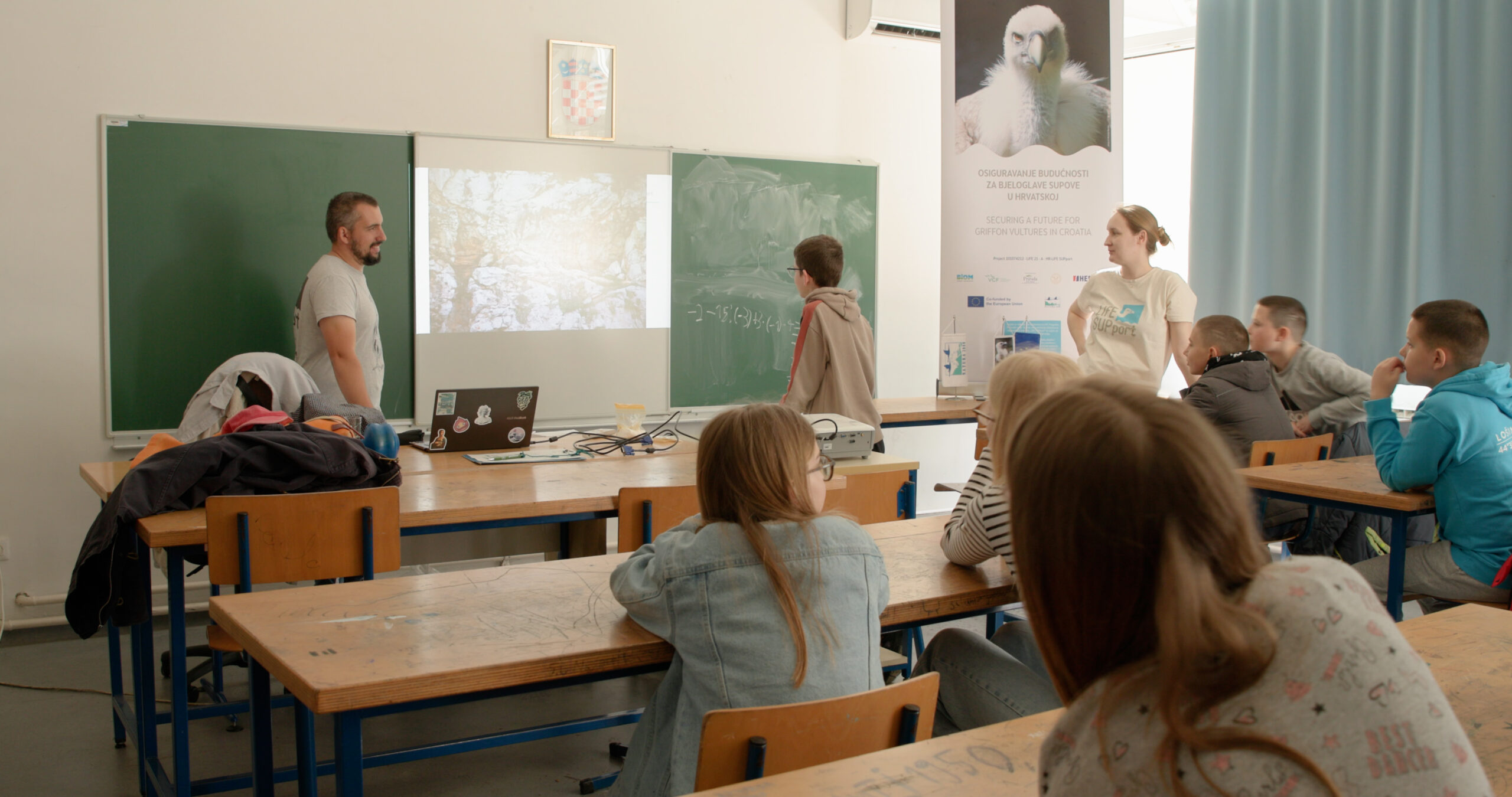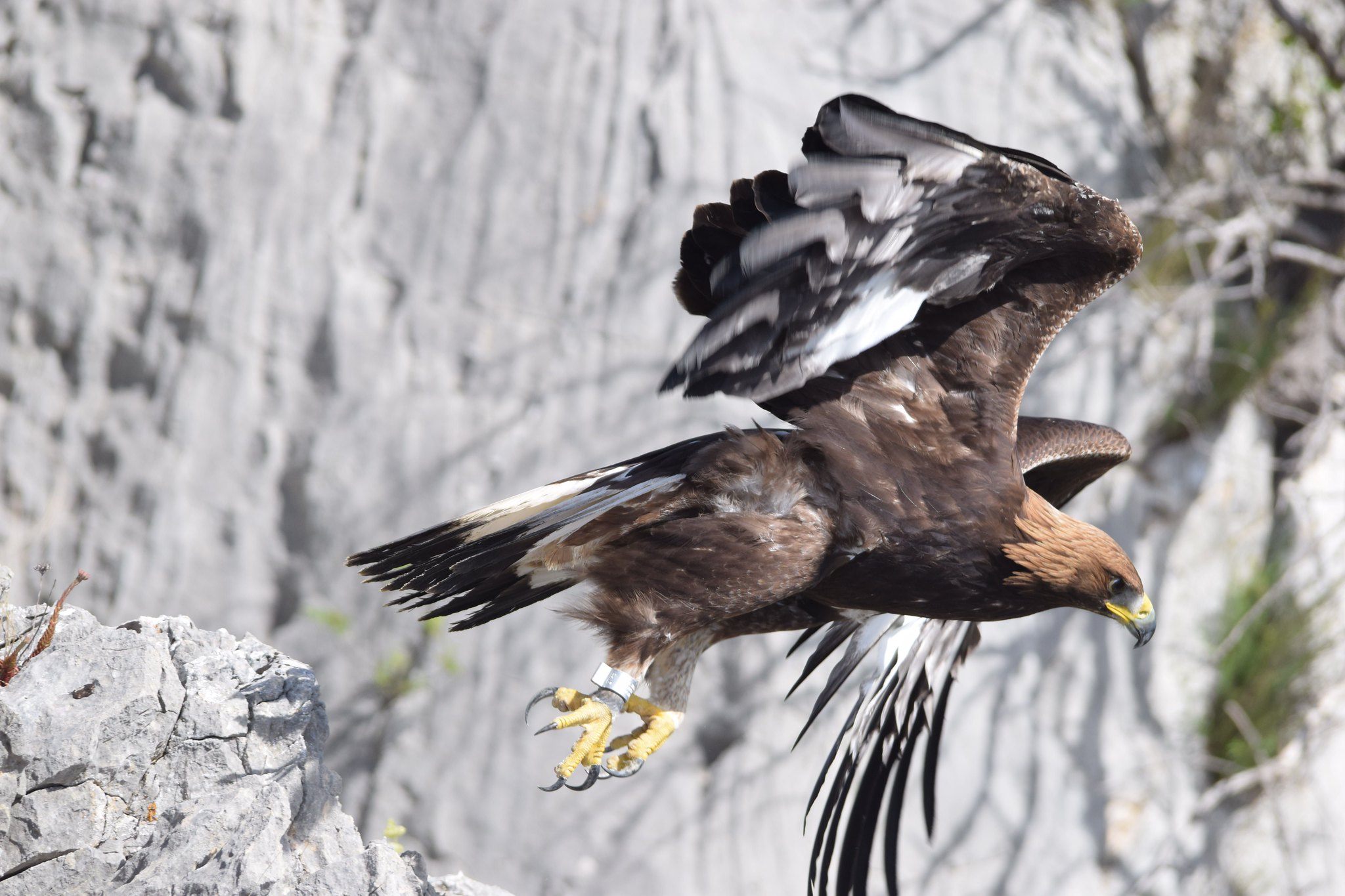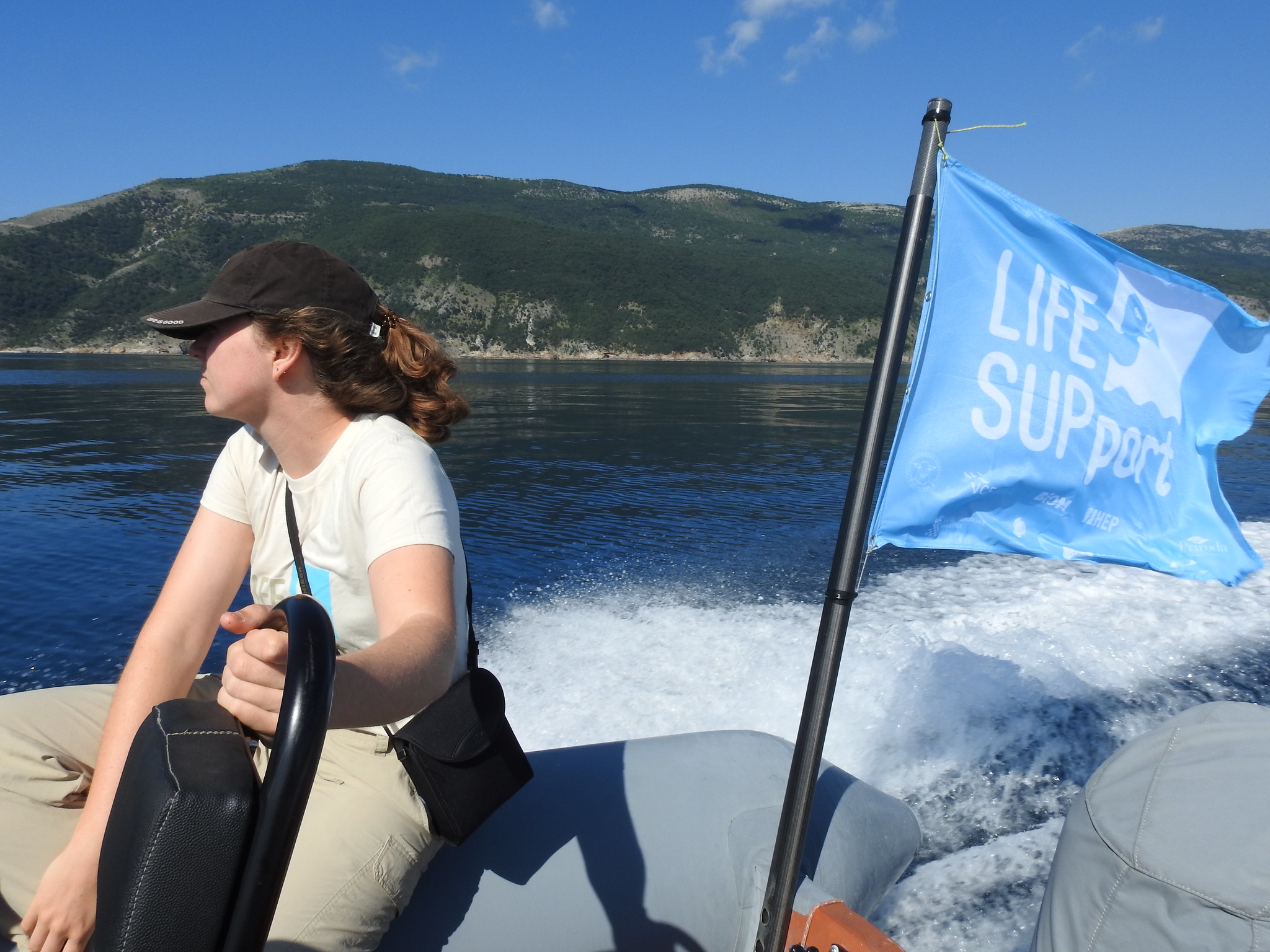On March 19th, the Tikveš Presentation and Education Center within Kopački rit Nature Park hosted approximately 40 attendees for an educational workshop on preventing the poisoning of wildlife. The event, organized by the Biom association, was part of the European BalkanDetox LIFE project.
The workshop was conducted with the objective of informing both public and private sector personnel on the appropriate protocol in instances of illegal poisoning of wildlife. It got significant attention and engagement from various stakeholders, notably nature conservation officials, including nature guards, law enforcement officers, Croatian Forests staff, county hunting associations, accredited veterinarians, and representatives from the State Inspectorate of the Republic of Croatia.
Illegally placing poisonous baits is a punishable practice of indiscriminate killing of wildlife. These baits typically consist of meat fragments or entire carcasses laced with toxic substances, often illicitly acquired pesticides from the black market. Given that these substances are highly toxic even in small doses and exert their effects indiscriminately, this practice poses a significant threat to all forms of life, including humans.
The workshop began with opening remarks from Marija Martinko Ivanov, the coordinator of the BalkanDetox LIFE project in the Biom association. Her opening statement was followed by the presentation of the participants of the Wildlife Crime Academy in Andalucia, the first specialized training of its kind in Europe. They communicated insights into the methodologies and expertise cultivated in Spain, a pioneering nation in Europe, regarding the organization of efforts to combat crimes against wildlife. Moreover, they explained the proper handling procedures within the scope of their jurisdiction as well as their importance.
Presentations were delivered by a panel of experts, including Elvis Vuleta, a nature conservationist representing the Public Institution “Priroda” of the Primorje-Gorski Kotar County; Nera Fabijanić, an expert associate specializing in hunting and European projects at the Croatian Hunting Association; Mara Gerovac, a police officer from the Directorate of Police; Andrija Damjanović, a senior inspector overseeing nature protection at the State Inspectorate of the Republic of Croatia; Professor Ph.D. Krešimir Severin, who serves as the Head of the Department of Forensic and Administrative Veterinary Medicine and oversees the Forensics Laboratory at the Faculty of Veterinary Medicine, University of Zagreb; and Iva Arapović, Deputy County Attorney at the County Attorney’s Office in Pula.
The assembled participants were introduced to the Standardized Protocol for action coordination, developed as a component of this project to enhance coordination among state institutions for addressing illegal activities against wild animals, notably the illicit use of poisons. The protocol aims to streamline efforts toward the successful investigation and prosecution of such cases, seeing that data collected from a study on the illegal use of poisons in the Balkan Peninsula countries revealed that only 20 percent of poisoning incidents were ultimately discovered and documented, with legal proceedings initiated for less than 1 percent of cases.
In the concluding discussion, participants engaged the lecturers with further inquiries and exchanged their own experiences. Their primary concern centred around the improper application of rodenticides in agricultural practices within the regions of Slavonia and Baranja. This concern, noted by ecologists, hunters, and other field services, prompted the discussion on the procedures for reporting and mitigating such practices.
Enhancing the institutional capacities of state bodies, fostering coordination among them, and optimizing their functioning, along with raising public awareness, emerge as pivotal measures in combatting the illegal poisoning of wildlife.
Translated by: Maja Dragojevic






